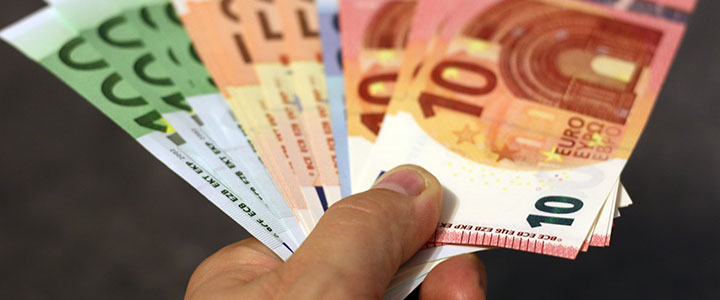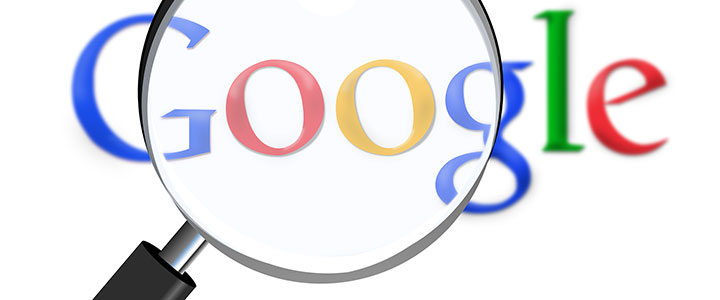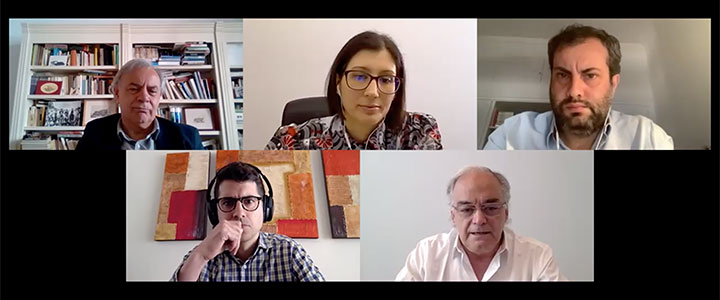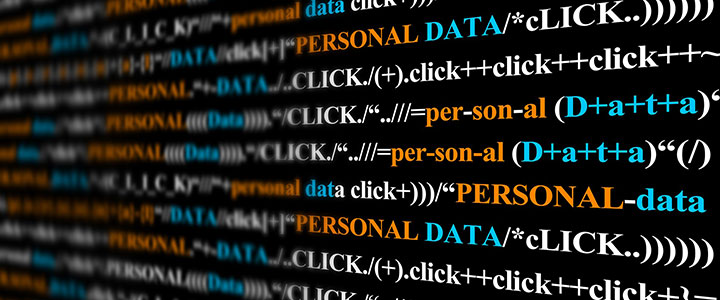La noticia de que la ciudad de Nueva York interponía una demanda contra la compañías propietarias de varias redes sociales entre las que se hallan TikTok, Instagram, Facebook, Snapchat y Youtube apareció y desapareció pronto de los medios de comunicación. De inicio puede parecer una reclamación destinada al fracaso. Sin embargo, no es así.
Leer másNueva York contra TikTok, Facebook y YouTube por usar algoritmos adictivos











